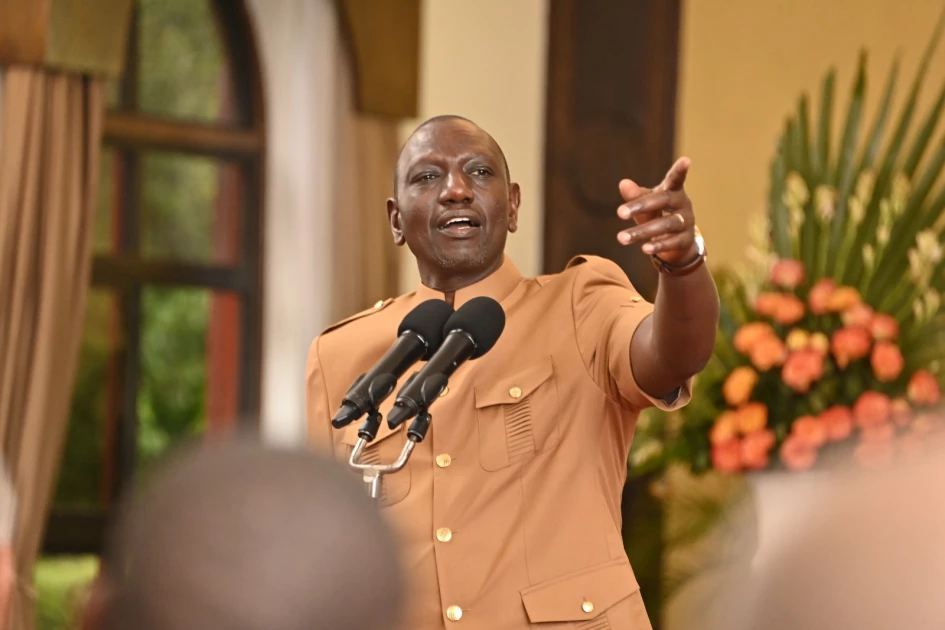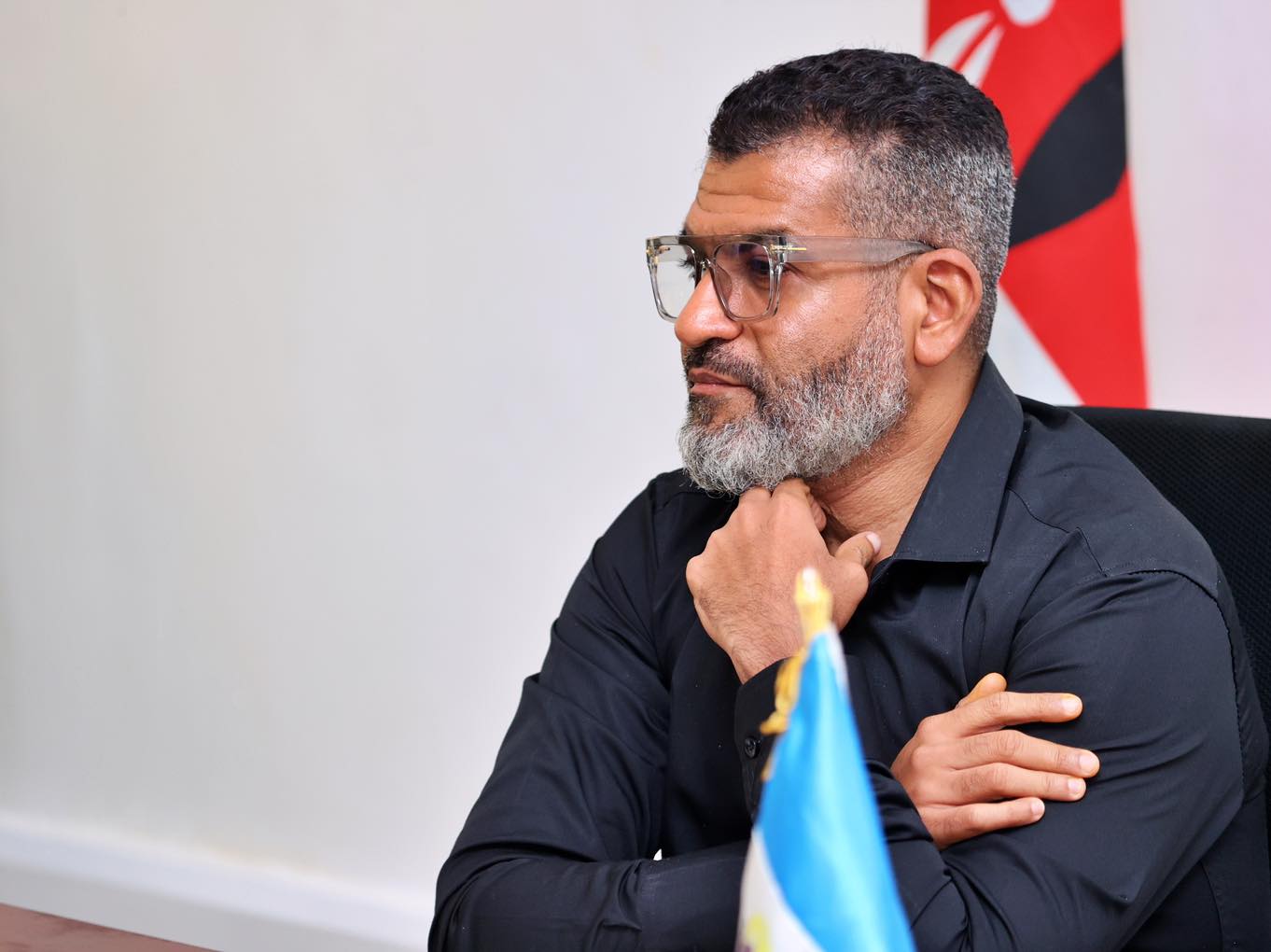At the heart of the problem is the shaky legal foundation. The initiative rests on a presidential order, lacking enabling legislation or parliamentary backing. Compensation of victims requires robust laws, judicial safeguards, and a budget sanctioned by Parliament. Without these, the framework risks being struck down in court or quietly abandoned when it proves unworkable.
The choice of Prof. Makau Mutua to lead the compensation team has inflamed controversy. Mutua, a senior adviser to the President, has previously referred to protesters as ‘anarchists.’ To victims and rights groups, this makes him a partisan referee in a process demanding neutrality.
The exclusion of the Kenya National Commission on Human Rights (KNCHR), the body constitutionally mandated to handle such matters, further erodes confidence. Critics argue the initiative prioritises payouts over accountability for those issuing ‘shoot-to-kill’ orders. Victims and their families insist that justice must accompany reparations. Simply writing cheques without holding perpetrators to account risks reducing a grave human rights issue to a transactional settlement. As Busia Senator Okiya Omtatah observed, ‘You cannot compensate for death with a cheque without addressing who gave the orders.’
An Empty Purse
Perhaps the most glaring flaw is the lack of money. No funds are allocated, no budget approved, and no parliamentary debate conducted. Without financial backing, the plan amounts to little more than a promise. In Kenya’s history, presidential task forces without budgets tend to gather dust on government shelves.
The President has given the committee only 120 days to profile victims, consult the public, and develop a comprehensive compensation framework. Human rights experts warn this is impossible. Profiling alone could take months, especially given the nationwide scope of protests since 2017. The rushed deadlines suggest political window-dressing rather than a sincere attempt at justice.
Opposition leaders, civil society, and legal experts believe the compensation plan is less about restorative justice and more about political optics. It allows the government to claim it is addressing brutality while sidestepping uncomfortable questions of accountability, police reform, and guarantees of non-repetition.
Collectively, these flaws paint a bleak picture. Without a legal framework, parliamentary approval, an independent oversight body, credible leadership, adequate funding, and a longer timeframe, the initiative cannot survive. At best, it will issue token recommendations that are never implemented.
At worst, it will collapse in court, leaving victims more disillusioned than before. President Ruto may have intended the framework as a conciliatory move. But with trust missing, money absent, and justice ignored, the plan is likely to die a quiet death, remembered only as another political promise that never left the headlines.
[/full]





